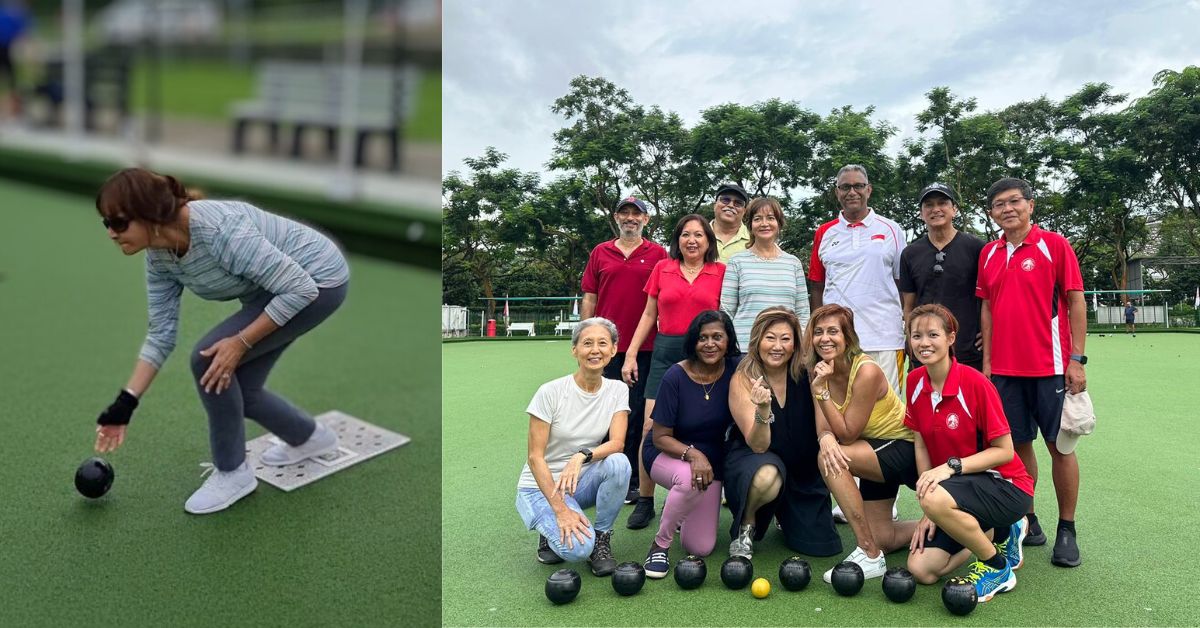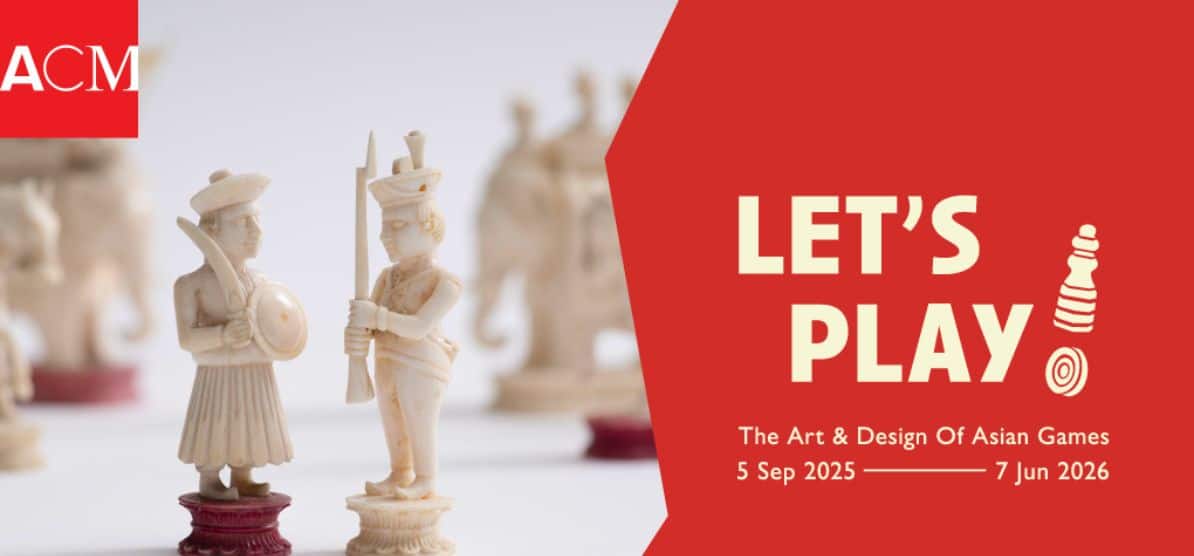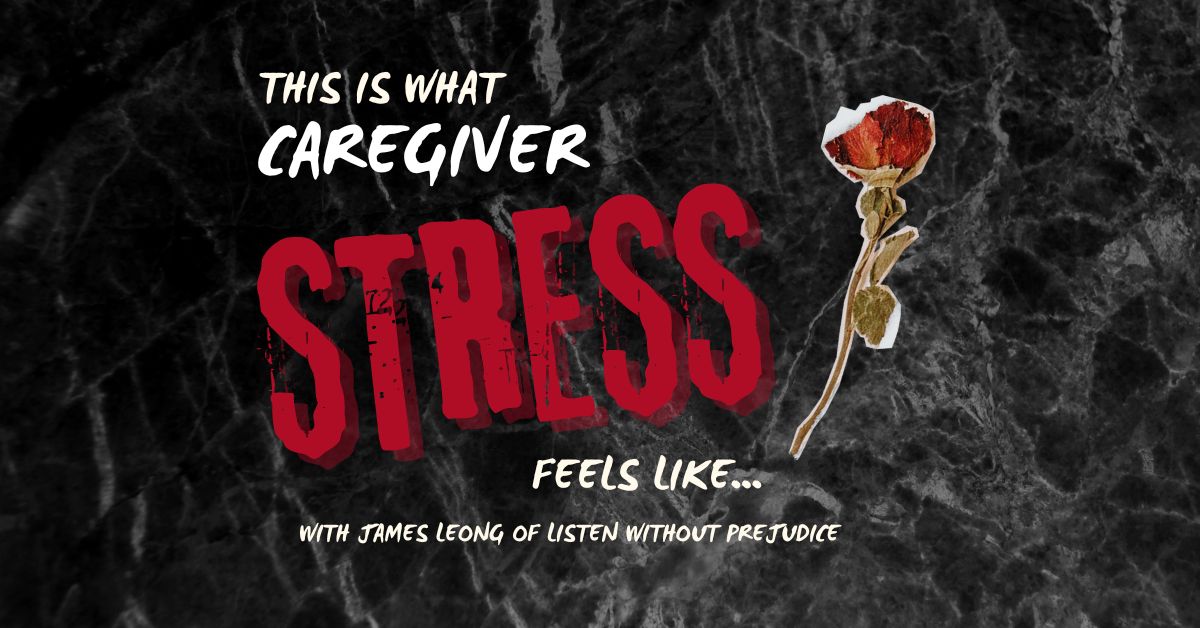
With Singapore poised to become a “super-aged” society by 2026, caregiving needs have been in the spotlight of late. However, caregiver stress and the mental health needs of caregivers are often overlooked.
The ground-up podcast “This Is What Caregiver Stress Feels Like” aims to give voice to these unspoken stressors faced by caregivers. Unhealthy family dynamics, grief, loss of identity and poor self-care are different aspects of the complexity of stress and mental health.
Catalysed by Temasek Foundation OSCAR Fund and Sg Enable under the Caregiver Empowerment Fund, This is What Caregiver Stress Feels Like podcast takes an eyes and ears-on-the-ground approach to unshackle caregivers from guilt and self-blame.
It aims to restore their loss of identity and self-confidence, so they can better care for themselves and, in turn, care for their loved ones.
Here are two of the stories in this podcast. Names have been changed to protect the privacy of the caregivers.
Advertisement
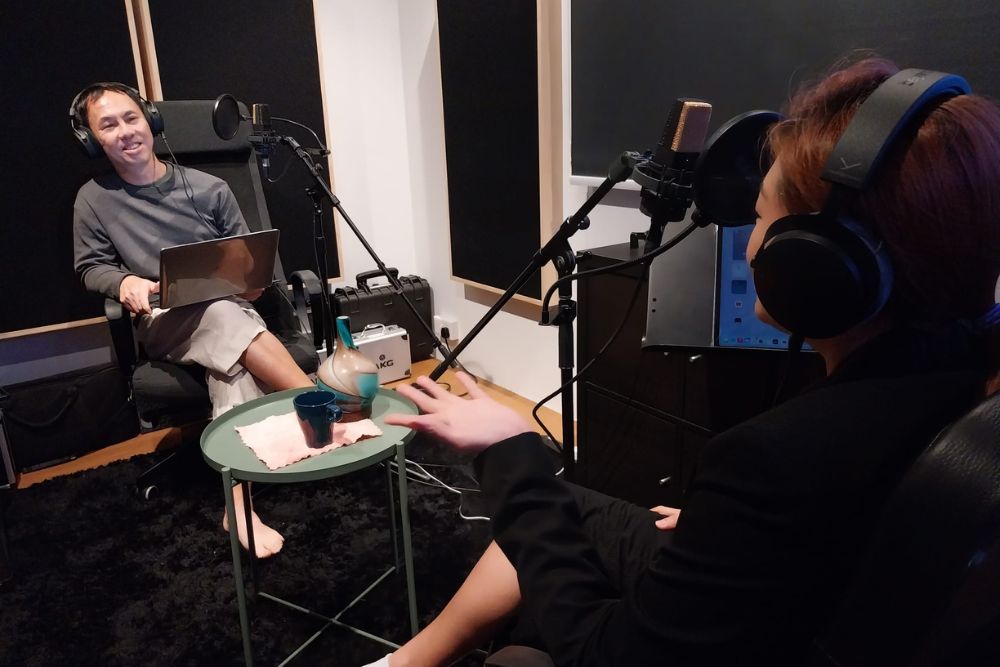
This is What Caregiver Stress Feels Like: Saying “No” (Episode 1)
Laticia, 52, is a wife, mother and only caregiver to her elderly parents. Growing up in a family where boys are favoured over girls, Laticia was never validated and made to feel invisible all of her life.
Today, she is the only caregiver to her parents after her brother died while serving National Service. Her mother has dementia and her father has a heart condition.
How do you care for people like your family who are supposed to protect you instead of hurt you?
Listen to Laticia’s struggle with resentment, guilt and compassion and how she finally came home to herself and found her peace.
At this stage now, my parents are close to 80s. It's more about being very compassionate towards them. And I'm sure they are not going to be very happy being the way they had been. So they have mellowed down a little,
Laticia
This is What Caregiver Stress Feels Like: Givers and Takers (Episode 2)
Crystal is a 58-year-old caregiver to her quadriplegic husband and her elderly mother.
She is also a mother of two sons from her previous marriage and works two part-time jobs to raise her family.
When her father passed away, she was made to feel like a guest at his funeral.
Listen to how caregiver Crystal learned to stop giving in to her siblings and started taking back what was hers, after she was reminded of her values when caregiving for Perry, her quadriplegic husband.
Others may say I'm stupid, so silly, but to me, Perry makes me feel safe. I can be very honest. I feel good being myself. He appreciates who I am. We can talk about anything. Everything. He has given me more meaning to life,
Crystal
This is What Caregiver Stress Feels Like: Living in the present (Episode 3)
Keenbie is a mother of three, and a full-time caregiver to her twin sons who are autistic.
This was never the life Keembie thought she would lead because all she ever wanted was to work hard to become the best, wife, mother and career woman. Her world crashed after her twins were diagnosed with autism and she did not know who she was anymore.
This is What Caregiver Stress Feels Like: The Gift of Grief (Episode 4)
Jonathan spent his life meeting expectations set by family and society at large. He got the job, the girl and the marriage but not the child they expected. Their only child Grace has autism, and the stress of caring for her turned his life upside down.
His marriage fell apart, he had to give up his job and move in with his parents and became a full-time caregiver. The toil of caring for a special needs child made him realise that this was what he was meant to do — to care for a person who did not ask to be born he chose to have.
This is What Caregiver Stress Feels Like podcast can be accessed for free on Spotify or Apple Podcasts.
Inspiration behind This is What Caregiver Stress Feels Like
James Leong, producer of This Is What Caregiver Stress Feels Like, shares the story behind this podcast.
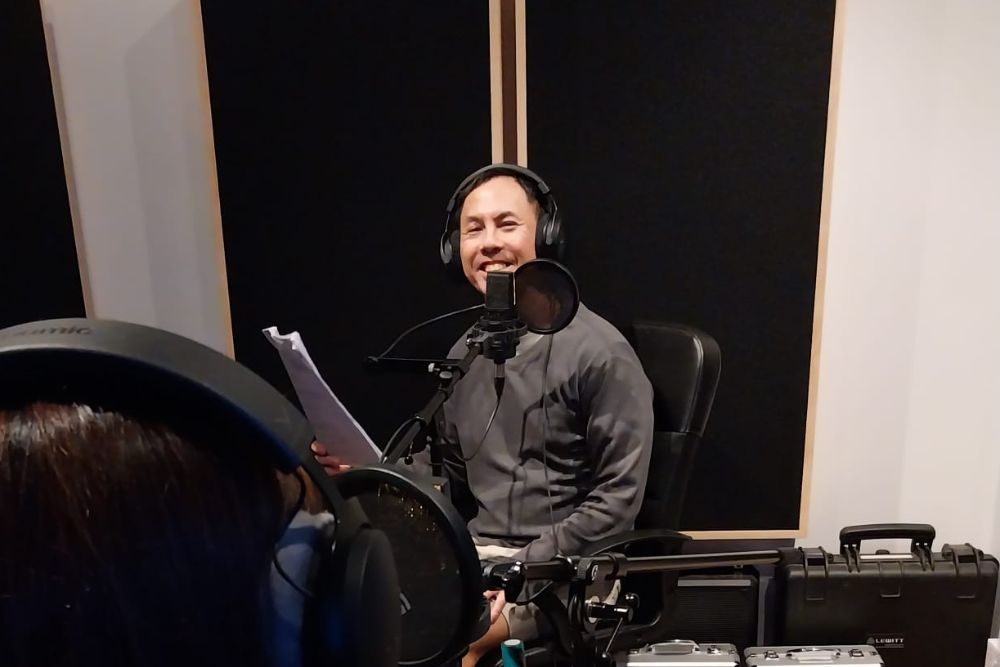
I work in prison as a counsellor, and after speaking to more than a hundred inmates in the last two years, I've come to realise that we are all not that different — we want to feel we matter; we want to feel validated.
However, many caregivers do not feel invalidated. Aren’t we making enough sacrifices already? What more do we need to do to feel that we matter?
After talking to many caregivers, I’ve identified three reasons and unspoken stressors why caregivers are not validated — unhealthy family dynamics, grief, loss of identity/poor self-care.
I wanted to produce a podcast on caregivers who experienced all these unspoken stressors and lived to tell them, so others didn’t need to feel alone.
What I learned
One takeaway was how the stories were waiting to be told, and they just needed a platform for caregivers to speak their truth without judgement. They wanted to feel validated.
“Family is first, family is everything, a family who eats together, stays together,” are pro-family narratives we play out in our heads because it makes us feel accepted and good enough.
The other takeaway is that when a family is in crisis, such as when a member falls ill, we continue to cling on to these narratives so much so that we start staging performances of unity and togetherness against the reality on the ground.
The outcome of this disconnect can be so extreme to caregivers, it sends them into isolation and even depression.
Both my profiles were fighting the narratives their families were playing out and felt completely removed from the reality and disconnected to themselves.
In the end they showed just enough resilience in that disconnection to find themselves — their values, beliefs and world views independent of others and familiar narratives.
Empathetic listening
Laticia and Crystal opened their hearts to me, and they were completely vulnerable with their emotions.
I hardly knew them and I wonder why they would want to talk to me and air their dirty laundry in public via my podcast? I don’t think I did anything particularly special to earn their trust, but I think I did one thing — I listened.
I listened to understand, not to reply. I listened without fixing, without solutioning, just holding space for them who are brave enough to speak.
It sounds like the easiest thing to do, but it’s not, because if you are really listening, your own hurts and wounds could show up, and you will respond accordingly.
Instead, listen with curiosity with empathy, and no matter how uncomfortable it makes you feel for whatever reasons they may be, don’t make it about you today, make it about them, so they can feel validated.



